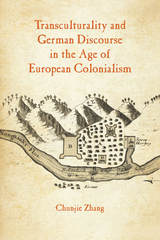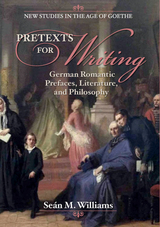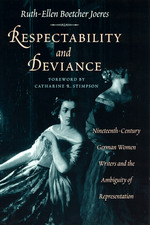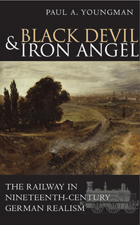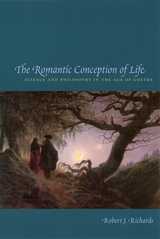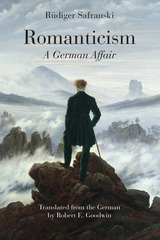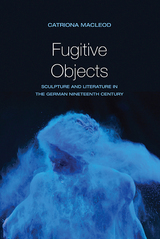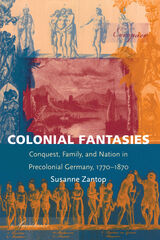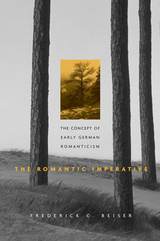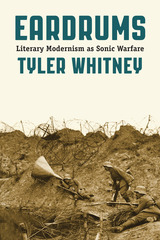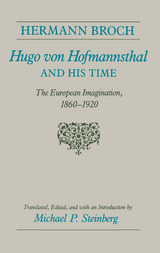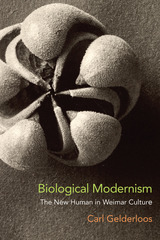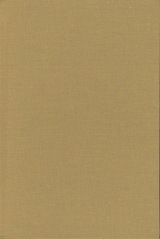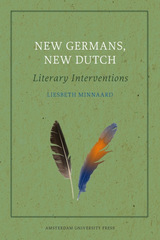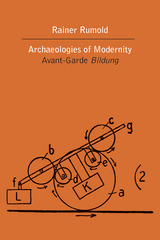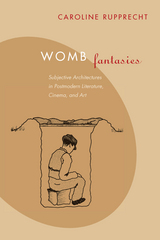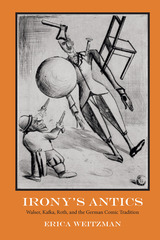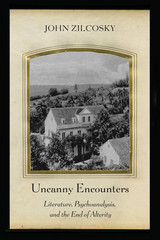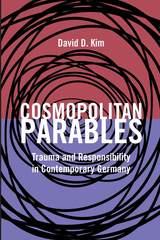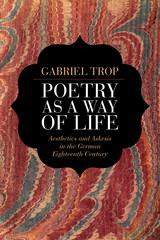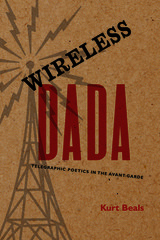Hugo von Hofmannsthal and His Time: The European Imagination, 1860-1920
University of Chicago Press, 1984
Paper: 978-0-226-07516-7 | Cloth: 978-0-226-07514-3
Library of Congress Classification PT403.B7413 1984
Dewey Decimal Classification 830.900912
Paper: 978-0-226-07516-7 | Cloth: 978-0-226-07514-3
Library of Congress Classification PT403.B7413 1984
Dewey Decimal Classification 830.900912
ABOUT THIS BOOK | TOC | REQUEST ACCESSIBLE FILE
ABOUT THIS BOOK
Hermann Broch (1886-1951) is remembered among English-speaking readers for his novels The Sleepwalkers and The Death of Virgil, and among German-speaking readers for his novels as well as his works on moral and political philosophy, his aesthetic theory, and his varied criticism. This study reveals Broch as a major historian as well, one who believes that true historical understanding requires the faculties of both poet and philosopher.
Through an analysis of the changing thought and career of the Austrian poet, librettist, and essaist Hugo von Hofmannsthal (1874-1929), Broch attempts to define and analyze the major intellectual issues of the European fin de siècle, a period that he characterizes according to the Nietzschean concepts of the breakdown of rationality and the loss of a central value system. The result is a major examination of European thought as well as a comparative study of political systems and artistic styles.
Through an analysis of the changing thought and career of the Austrian poet, librettist, and essaist Hugo von Hofmannsthal (1874-1929), Broch attempts to define and analyze the major intellectual issues of the European fin de siècle, a period that he characterizes according to the Nietzschean concepts of the breakdown of rationality and the loss of a central value system. The result is a major examination of European thought as well as a comparative study of political systems and artistic styles.
See other books on: 1860 - 1920 | Broch, Hermann | German literature | His Time | Steinberg, Michael P.
See other titles from University of Chicago Press

